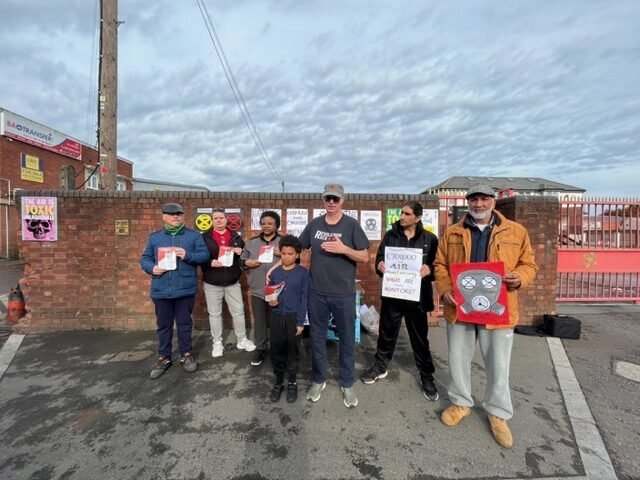Welcome to the Environmental Data for Health Justice Working Board
The purpose of the Environmental Data for Health Justice board is to build confidence in how those seeking structural health justice outcomes through research, campaigns, and other forms of advocacy use data as a language to directly address health injustices and develop strategies for health justice.
Urban Sacrifice Zones & The Right to Pollute
The purpose of this data led study is to bring attention to everyday people those who have the right to pollute in their neighbourhoods, so that people can make more informed decisions when it comes to voting and priorities for our shared health and climate change action points.
Decarbonisation, Natural Gas, and Health
We rarely speak about the toxification of Land in the UK at the hands of industrialisation, instead the general public is shamed and gaslit for their systemic need to get into a motor vehicle. All the while, millions of tonnes of chemicals are churned out into the environment; polluting water ways, natural habitats, and the air we all breathe.
Using Data for Health Justice
The mission of this report is to reframe the culture around data to ensure that we understand its limitations, reframe from supremacy to a tool for justice, and introduce a more accurate lexicon so we can better our collective understanding of data.
Data Culture for Health Justice
Data does not operate in a vacuum as every part of the process is coloured by top down factors such as culture. Which data is collected, how it is analysed and the insights drawn from data are all decision points practitioners have to make and all practitioners belong to a specific culture which influences them.
Lived Experience, Communities, and Health
This document will look at how industry gaslights communities, the mistakes science makes, and the significance of listening and acknowledging the lived experience. This report is for both practitioners and citizens who are experiencing environmental and health injustice.
Gaslighting Communities: Pathways to Injustice
In this essay, we will be detailing the pathways of oppression, including the role that science, policy, and city organisers play.
COVID-19 & Biological Inequality; a London Data Study
This paper looks to approach the inequitable prevalence of COVID-19 from a biological perspective, drawing a clear throughline between human health and urban environments. Specifically, its relation to COVID-19 in BAME communities of London.
Air Pollution & Health in Southall, London
In the following report, we put gathering evidence to highlight the susceptibility of the Southall community and the need for stricter air pollution guidelines.









